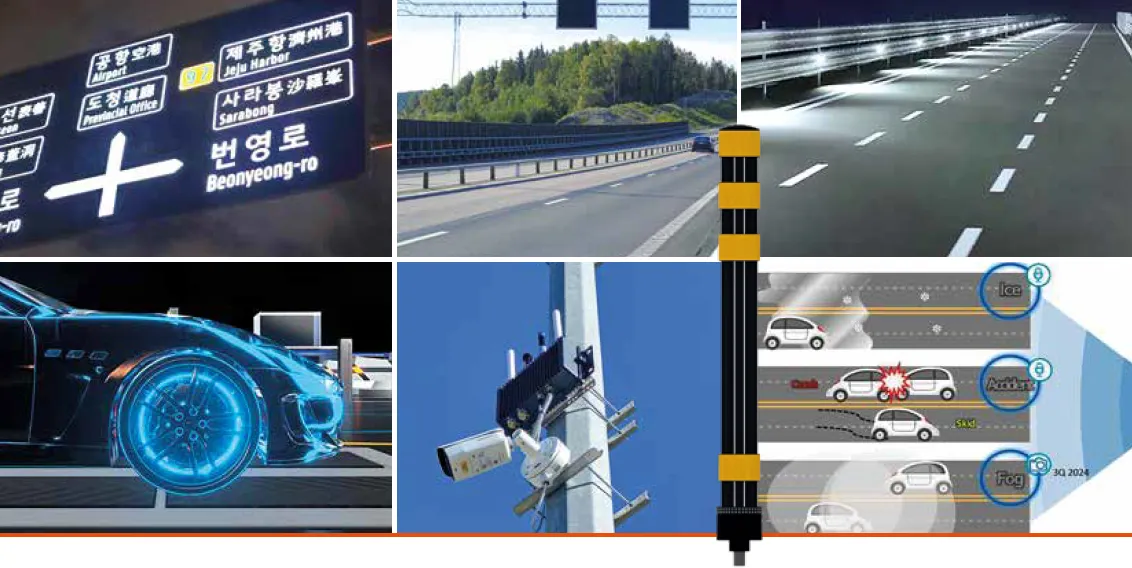Cubic has announced its business division, Cubic Transportation Systems, is releasing the Cubic NextBus (CNB) to multimodal transit agencies, authorities and operators to provide Transit Management as a Service.
The CNB uses public cloud architecture and machine learning capabilities for further enhanced real-time passenger information (RTPI), proactive transit fleet operations and mobile user experience.
October 10, 2017
Read time: 1 min
The CNB uses public cloud architecture and machine learning capabilities for further enhanced real-time passenger information (RTPI), proactive transit fleet operations and mobile user experience.
The RTPI provides a redesigned prediction algorithm and system that enables flexible data sourcing, greater accuracy and richer contextual information across more channels. These include mobile, energy-conscious and high-resolution displays at transit stations, bus stops and vehicles as well as APIs with other applications. Based on the NextBus RPTI core platform, planned new modules will deliver enhanced customer experience with fully integrated journey planning, intelligent information analytics and mobile payment capabilities.
The next-generation NextBus platform will showcase at the American Public Transportation Association Annual Meeting & expo from 9 - 12 October at the Georgia World Congress Center in Atlanta. It will be available to the broader NextBus customer base during 2018.










